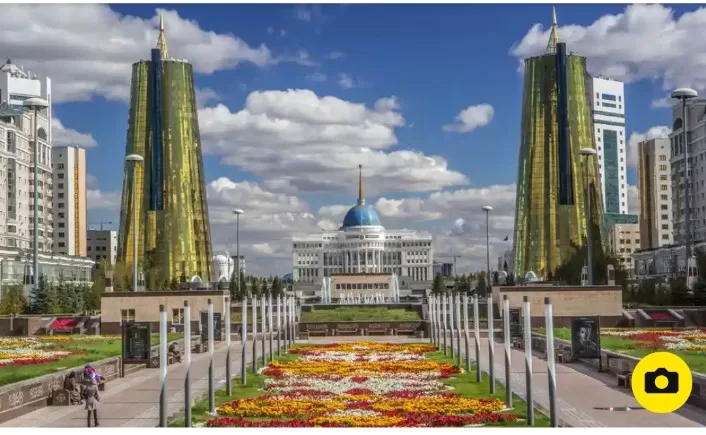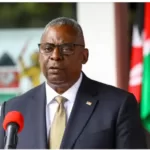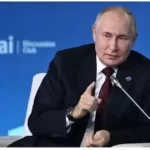In response to mounting concerns about Moscow’s influence following the Ukraine invasion, Kazakhstan has unveiled initiatives aimed at advancing the utilization of the Kazakh language in its media landscape, as the official language of the former Soviet republic in Central Asia.
Kazakh, the official language, coexists with Russian, widely spoken among the approximately 20 million residents of this closely regulated nation.
Culture Minister Aida Balayeva announced, “The draft media legislation outlines a progression in the prevalence of the state language in television and radio, elevating it from 50% to 70%.”
The proposed legislation is currently under deliberation by lawmakers but is expected to gain approval within parliament, a body widely regarded as aligned with President Kassym-Jomart Tokayev.
Balayeva further elucidated, “This transition will occur incrementally, at a rate of 5% annually, commencing in 2025.” This move reflects the government’s commitment to fostering the use of the Kazakh language, a mission initiated three decades ago following the dissolution of the Soviet Union.
Kazakhstan, which shares a significant border with Russia and maintains substantial political, economic, and military affiliations with Moscow, is witnessing an assertive pivot toward strengthening bonds with Western nations and China since Russia’s incursion into Ukraine in 2022.
In neighboring Kyrgyzstan, where Russian holds official recognition, analogous legislation was enacted earlier this year. The law mandates that civil servants in this former Soviet nation exhibit proficiency in Kyrgyz and requires media outlets to produce 60% of their content in the local language.
In other Central Asian ex-Soviet nations such as Tajikistan, Turkmenistan, and Uzbekistan, Russian lacks official status but persists in usage among residents and officials.
In summary, Kazakhstan’s strategic media legislation endeavors to elevate the prominence of the Kazakh language over Russian, signifying a pronounced shift influenced by geopolitical considerations in the post-Ukraine invasion era.




